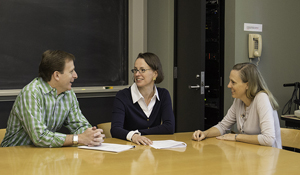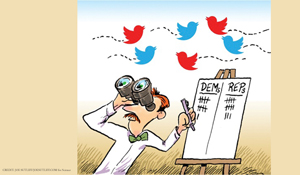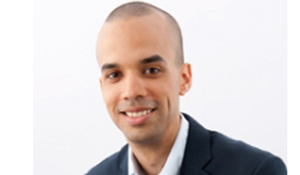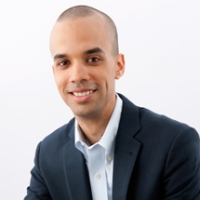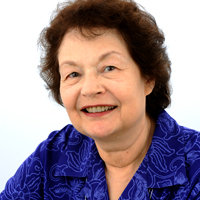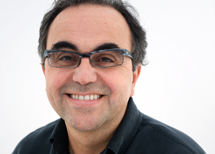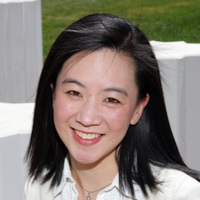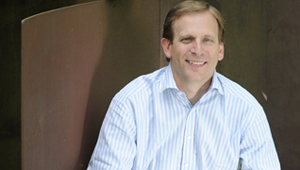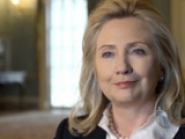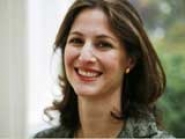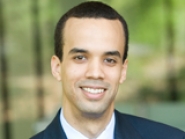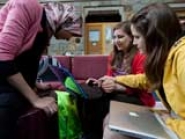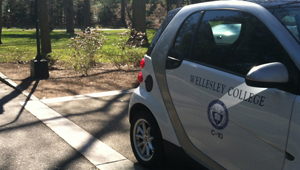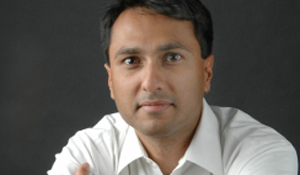Why Do Promiscuous Queens Produce Healthier Honey Bee Colonies? Study Reveals Surprising Clues
For Immediate Release
WELLESLEY, Mass. -- A new study out of Wellesley College sheds light on the link between genetic diversity and healthier bee colonies—by revealing the makeup of the microscopic life found inside the guts, on the bodies, and in the food of these insects. For the first time, scientists discovered that genetically diverse populations of worker bees, a result of the highly promiscuous mating behavior of queens, benefited from diverse symbiotic microbial communities, reduced loads of bacteria from pathogenic groups, and more bacteria related to helpful probiotic species—famous for their use by humans to ferment food. The novel study provides the first major insight into how honey bee colony health could be improved by diversity.
The dramatic disappearance of honey bee colonies in recent years has led to growing interest in studying unknown aspects of this important pollinator, in an effort to understand what might be done to help save them. According to the U.S. Department of Agriculture, a phenomenon known as Colony Collapse Disorder (CCD) is responsible in part for the loss of 30% or more of the U.S. honey bee population in every year since 2007. The continued loss of honey bees, which pollinate more than 400 crops worldwide, contribute to about a third of our diet, and add an estimated $15 billion in value to the country’s food supplies—could have devastating effects.
While the causes of the deadly disorder remain a mystery, researchers like Heather Mattila, a leading honey bee ecologist at Wellesley College, have long observed that a high level of genetic diversity within a colony—which occurs when a queen bee mates with multiple males—improves the colony’s overall health and productivity, though how colony members produce this effect was largely unknown.
Led by Mattila and Irene L.G. Newton, a microbiologist at Indiana University, the research team compared two groups of honey bee colonies. The first group consisted of genetically diverse populations, produced by promiscuous queen bees that had been inseminated by different mixes of 15 male bees. The second group of colonies was genetically uniform, comprised of offspring from queens mated with a single male each. Using 16S rRNA pyrosequencing, an advanced molecular technique that had never before been used to study active bacteria in honey bees, the scientists were able to identify and compare bacteria across the colonies. The results were astonishing.
The researchers found that diverse honey bee colonies showed a significantly greater variety of active bacterial species with 1,105 species, while only 781 species were found in uniform worker populations. Furthermore, active bacteria from genetically uniform colonies consisted of 127% more potential pathogens, while diverse colonies had 40% more potentially beneficial bacteria.
The team made another surprising discovery: four bacteria known to aid in food processing in other animals dominated bacterial communities in colonies, many of which had never been reported in honey bee colonies. Researchers identified Succinivibrionaceae, a group of fermenters in animals like cows; Oenococcus, which are used by humans to ferment wine; Paralactobacillus, used to ferment food; and Bifidobacterium, which is found in yogurt.
“We’ve never known how healthier bees are generated by genetic diversity, but this study provides strong clues,” said Mattila. “Our findings suggest that genetically diverse honey bees have the advantage of broader microbial communities, which may be key to improving colony health and nutrition—and to understanding factors that can mitigate honey bee decline.”
Newton explained the role these microbes may play, “We found that genetically diverse colonies have a more diverse, healthful, active bacterial community. Conversely, genetically uniform colonies had a higher activity of potential plant and animal pathogens in their digestive tracts.”
The discoveries are important because honey bees, like humans and other animals, depend on the helpful communities of bacteria that live within their guts. In honey bees, active bacteria serve a critical function – they aid in the transformation of pollen collected by worker bees into “bee bread,” a nutritious food that can be stored for long periods in colonies and provides honey bees with most of their essential nutrients. Most researchers believe that poor nutrition has hindered the ability of colonies to defend themselves against health problems, such as CCD.
Mattila, who has been investigating the benefits of genetic diversity in honey bees for seven years, was thrilled by these findings, which were made possible by incorporating Newton’s microbial expertise into the study. “It is our first insight into a means by which colony health could be improved by diversity.” She added, “It shows one of the many ways that the function of a honey bee colony is enhanced when a queen mates promiscuously, which is an unusual behavior for social insects. Most bees, ants, and wasp queens mate singly and produce colonies of closely related, single family workers. Honey bee queens are different in this regard, and this behavior has resulted in extremely productive colonies that dominate their landscape.”
Mattila’s earlier research had found that genetically diverse honey bee colonies are more productive, in part because their members forage at higher rates and more often use sophisticated communication methods, including waggle dancing, to direct nest mates to food. Maintaining diversity in honey bee populations is a challenge for commercial beekeepers, who have been selecting genetic lines for decades in an effort to promote desirable traits in bees—a practice that necessarily whittles down diversity.
Mattila shares her research with beekeeping groups, who she says are “intensely interested” and supportive of her research. She frequently speaks at national beekeeper association meetings and gives public lectures for people who simply want to know how they can help honey bees.
“I recommend that people advocate for bees and consider planting gardens that are friendly to pollinators. Bees should be promoted and not exterminated. I also encourage people to support local beekeepers by buying honey directly from them, which gives them more profit, and thus more flexibility to use techniques that are in the bees’ best interest, even if the methods are more intensive or costly.”
Is there hope yet for the plight of the honey bee? Mattila thinks so. “There is a large community of bee researchers in the United States and around the world, and we are doing everything we can to maximize the health of our most important pollinator.”
Co-authors with Mattila and Newton were Wellesley undergraduates Daniela Rios and Victoria E. Walker-Sperling, and Guus Roeselers of the Netherlands Organisation for Applied Scientific Research. Funding was provided by Wellesley’s Brachman-Hoffman Awards and a grant from the Essex County Beekeepers Association, Massachusetts.
The study, “Characterization of the active microbiotas associated with honey bees reveals healthier and broader communities when colonies are genetically diverse,” will be published in PLoS ONE, March 12, 2012, http://www.plosone.org/.
About Wellesley College
Since 1875, Wellesley College has been a leader in providing an excellent liberal arts education for women who will make a difference in the world. Its 500-acre campus near Boston is home to 2,400 undergraduate students from all 50 states and 75 countries.
Photos & Interview Opportunities Available
Press Contact: Sofiya Cabalquinto, 781-283-3321, scabalqu@wellesley.edu

